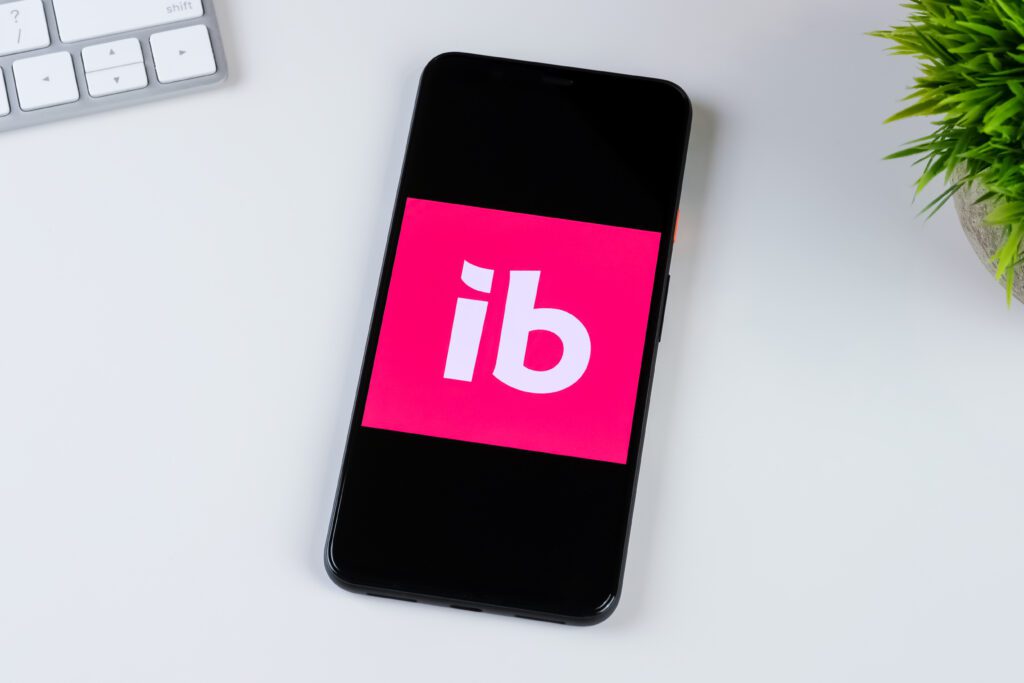Greetings, commerce enthusiasts, and welcome to this week’s edition of the commerce newsletter! I’m Hana Yoo, subbing for senior editor James Hercher, a gentleman and a scholar – and AdExchanger’s commerce ace – who is on paternity leave.
Today’s dispatch concerns Ibotta (pronounced “I bought a”).
Founded in 2012 as a DTC cash-back rewards app, Ibotta has recently branched out from its origins to become a performance marketing network. It’s also evolved its client base, having begun in grocery and consumer-packaged goods and expanding “well beyond the grocery aisle” to products such as clothing, cosmetics, toys, electronics and home goods, according to CEO and founder Bryan Leach.
A common problem brands have is that “[coupon] clips, impressions or clicks don’t necessarily translate into incremental sales,” Leach said. Whether companies are running ads on Google, Meta or TikTok or offering a traditional paper coupon, it’s “impossible to tell whether you’re getting good value,” Leach said.
Brands pay upfront and either have no notion of how many net-new sales are coming in or see inconsistencies in their reporting.
“The dirty little secret is that a lot of ads don’t result in sales at all,” Leach said.
Ibotta’s schtick is that customers get something they value: a personalized offer they’ll use.
“We’re not going to charge [brand clients] on the front end for those clicks or impressions,” Leach said. “We’re only going to charge them when the product sells.”
Ibotta’s evolution
About a year ago, Ibotta rolled out its white-label performance marketing network, which serves up cash-back offers – minus any Ibotta branding – to customers through retailers such as Walmart, Kroger and Dollar General. The Ibotta Performance Network (IPN) targets consumers based on what they like to buy and the categories they shop in.
The company works with thousands of CPG brands, including Coca-Cola, Unilever, Kimberly-Clark, P&G, Kraft Heinz and General Mills, all of which are in Ibotta’s network.
More than 95% of the Ibotta cash-back offers are available everywhere that’s part of the network, though there’s some variability, Leach said. For instance, an Ibotta offer might be on Walmart and Ibotta, Kroger and Ibotta or just Ibotta.
Brand feedback
When the IPN launched, Ibotta gathered a group of its best clients as advisers to design the network’s client-facing tools, including the dashboard. One of those clients was Tyson Foods.
Tyson formalized its partnership with Ibotta this year after using it in national- and retailer-specific programs over the past few years, according to Meredith Puckett, Tyson’s senior manager of brand strategy and commerce marketing.
“Overall, IPN allows us to be flexible in our planning,” Puckett said. “Programs can adjust as the business adjusts, and our offers allow us to provide value to our consumers.”
Starting July 1, Ibotta is offering a new program with a triple return on ad spend (RoAS) guarantee that will run through Q3.
A guarantee appeals to established brands like Tyson, but even more so to the many smaller and emerging brands Ibotta works with.
“There are many natural and organic brands here in Colorado [where Ibotta is headquartered], for example, that are just trying to get a foothold at the grocery store,” Leach said.
This isn’t even my final form
Ibotta’s consumer-focused offering still makes up more than half of its business, and the cash back that shoppers have earned exceeds $1.4 billion to date. But the network is Ibotta’s future, Leach said.
“I would expect that, in the medium to long term, over half our business will be from non-Ibotta publishers,” he said.
Leach envisions the IPN as an air traffic control system of sorts that links customers to a common Ibotta ID for all paper and digital coupons.
“You need a network that can do that for all publishers … or else you get chaos,” he said. “You need one source of truth, and that’s what we’ve built the network for.”
















